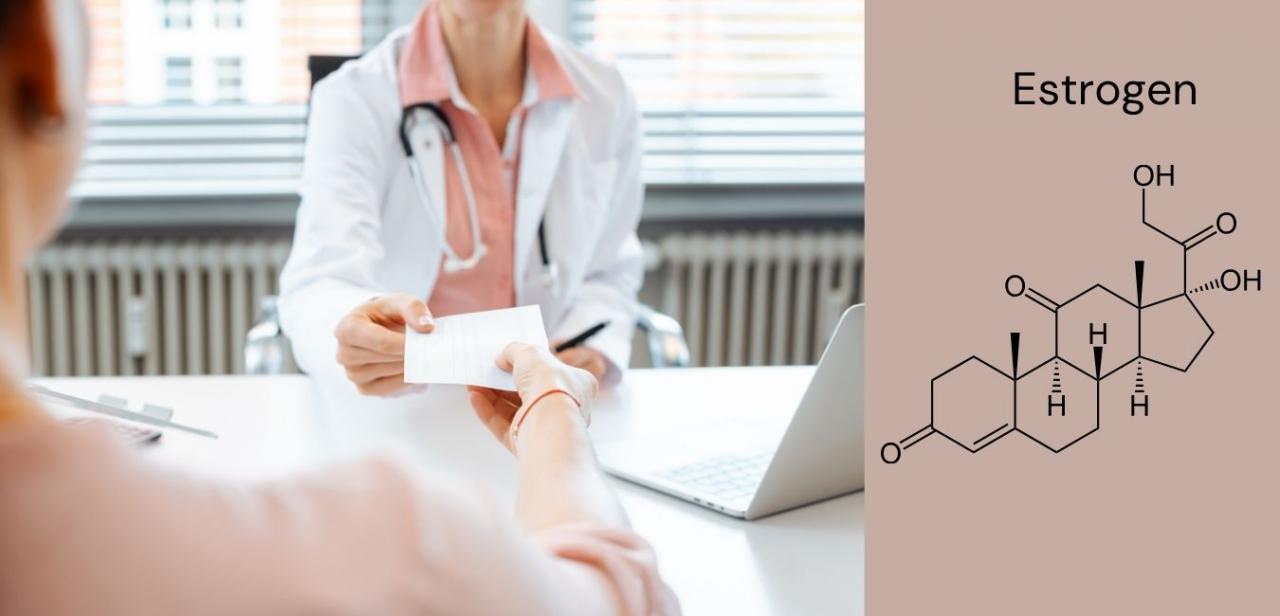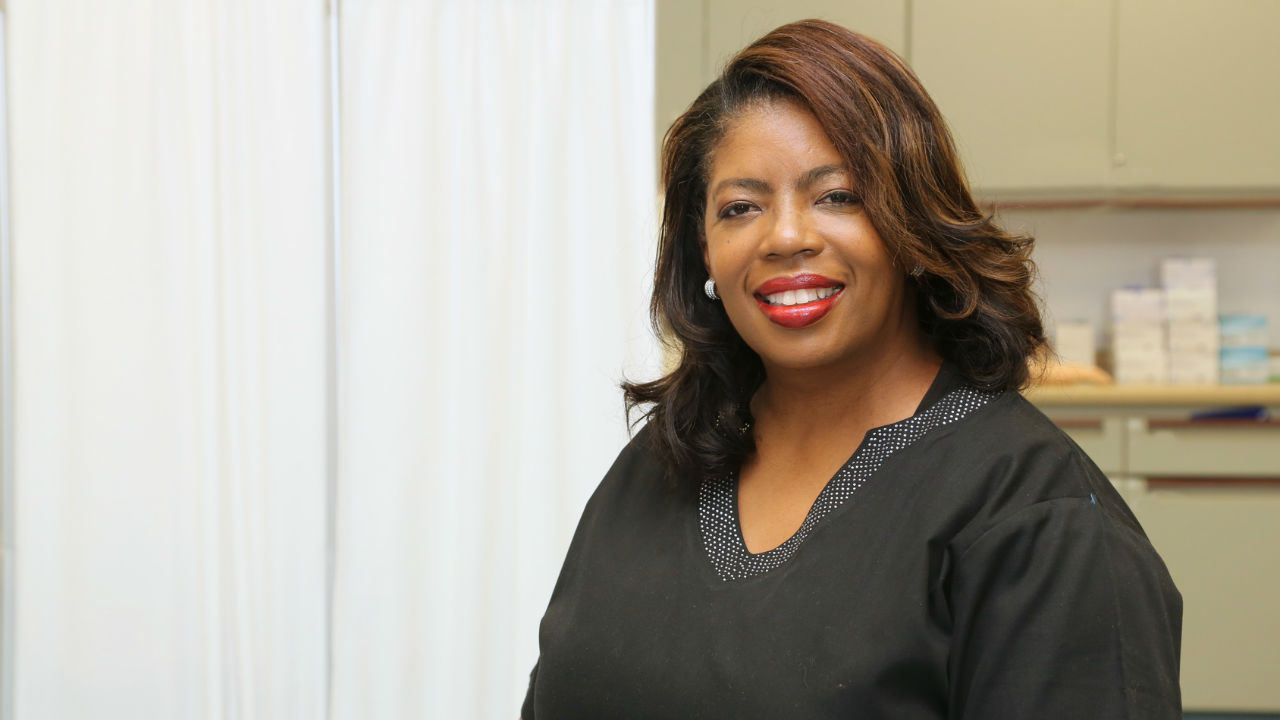 Via Pexels
Via Pexels
A hysterectomy is surgery that removes the uterus from a woman’s body. While most hysterectomies are not emergency surgeries they are major surgery, and they require much consideration and thought before deciding to proceed.
Several different diseases can lead to a hysterectomy as a treatment option. Cancer of the uterus or uncontrollable bleeding from the uterus are life-threatening conditions. Women may consider a hysterectomy to relieve pain or heavy bleeding related to their menstrual cycles.
Other chronic conditions that may cause women to consider a hysterectomy are fibroids, endometriosis, constant pelvic pain, adhesions from other surgeries, or traumas.
Recovering from a hysterectomy
Once a woman decides to have a hysterectomy there is a long period of physical recovery and, sometimes, an emotional period of recovery as well. Emotionally there can be changes in sexual interest or depression. Her thoughts about the hysterectomy and physical changes that have occurred can have a profound impact, especially if she has had her ovaries removed as well.
Physically healing from major abdominal surgery requires time and patience. If her ovaries were removed during the surgery she will experience surgical menopause because her ovaries are responsible for her female hormones.
Surgical menopause can be more severe than natural menopause and women may experience hot flashes, mood swings, vaginal dryness, increased risk of heart disease and osteoporosis. These risks increase for all women once they go through menopause, they just occur at an earlier age for women in surgical menopause.
You don’t have to exchange one discomfort for another
If you have elected to have a hysterectomy because you want to improve your health there are therapies that can help reduce the symptoms of surgical hysterectomies so you are not exchanging one discomfort for another.
The answers can be found in diet, exercise, appropriate supplementation and bioidentical hormone replacement therapy. Women have had tremendous results with safe and effective treatment of menopausal symptoms.
Working with a doctor like myself that understands how to use these therapies can be a life-changing experience for women who have had hysterectomy surgery and are still suffering with symptoms.
It is a gift to give women restored health and sexual vitality after years of symptoms and diminished quality of life. In upcoming posts I will talk more about some specifics as to how these therapies work. Stay tuned.
Live Vibrantly,
Dr. Dae
Dr. Daemon Jones
Dr. Dae's website: www.HealthyDaes.org
Dr. Dae's Bio:Dr. Daemon Jones is your diabetes reversal, hormones, metabolism and weight loss expert. Dr. Dae is a naturopathic doctor who treats patients all over the country using Skype and phone visits. Visit her or schedule a free consultation at her website www.HealthyDaes.org/
Sources:
"Hysterectomy." New York State Department of Health. N.p., n.d. Web. 24 Sept. 2013.
http://www.health.ny.gov/community/adults/women/hysterectomy
Smith, Pamela Wartian. What you must know about women's hormones: your guide to natural hormone treatment for PMS, menopause, osteoporosis, PCOS, and more. Garden City Park, NY: Square One Publishers, 2010. Print.
"Hysterectomy Recovery: What Can You Expect?." Women's Health Center: Information on Women's Wellness, Nutrition, Fitness, Intimate Questions, and Weight Loss. N.p., n.d. Web. 24 Sept. 2013.
http://women.webmd.com/hysterectomy-recovery
Reviewed September 25, 2013
by Michele Blacksberg RN
Edited by Jody Smith





Add a CommentComments
There are no comments yet. Be the first one and get the conversation started!